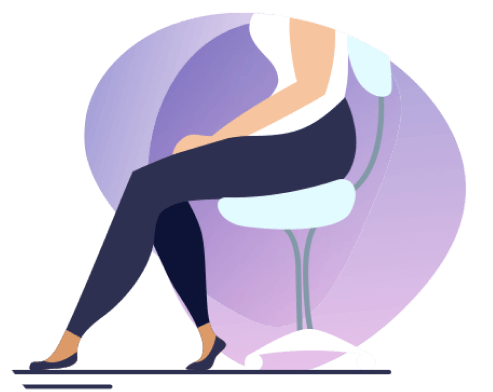
RISK FACTORS
How to measure your blood pressure at home with a monitor

If possible ask a health care professional such as a General Practitioner Nurse to show you how to correctly measure your blood pressure with a home monitor.

Check your monitor’s instructions before starting. Many have illustrations on how to measure your blood pressure.

Do not smoke, drink caffeine (coffee, tea etc), or exercise within 30 minutes before measuring your blood pressure.

Roll your sleeve up or remove clothing so that your arm is bear.

Empty your bladder and rest quietly for at least 5 minutes before measuring your blood pressure.
Sit correctly
Sit with your back straight, supported by a hard chair (such as a dining chair rather than a sofa or bed). Place your feet flat on the floor. Do not cross your legs. Place your arm on a flat surface (such as a table) with the upper arm at heart level. Make sure the bottom of the cuff is placed directly above the bend of the elbow.
- Always measure at the same time every day.
- Take multiple readings and record the results. Each time you measure, take two or three readings.
- Wait one minutes between measurements.
- Record all results.
- Keep a record of your results. You can download a sheet to record your blood pressure measurements here. Some monitors have a built-in memory to record your readings. Or download an App to record your measurements over time.
- Contact a health care professional if you are concerned about your results. You should always contact a health care professional, such as your General Practitioner if your measurements are high or there is a sudden change.
- Be aware of low blood pressure. Low blood pressure should also be monitored by a health care professional so if you get a low reading, contact your General Practitioner.


